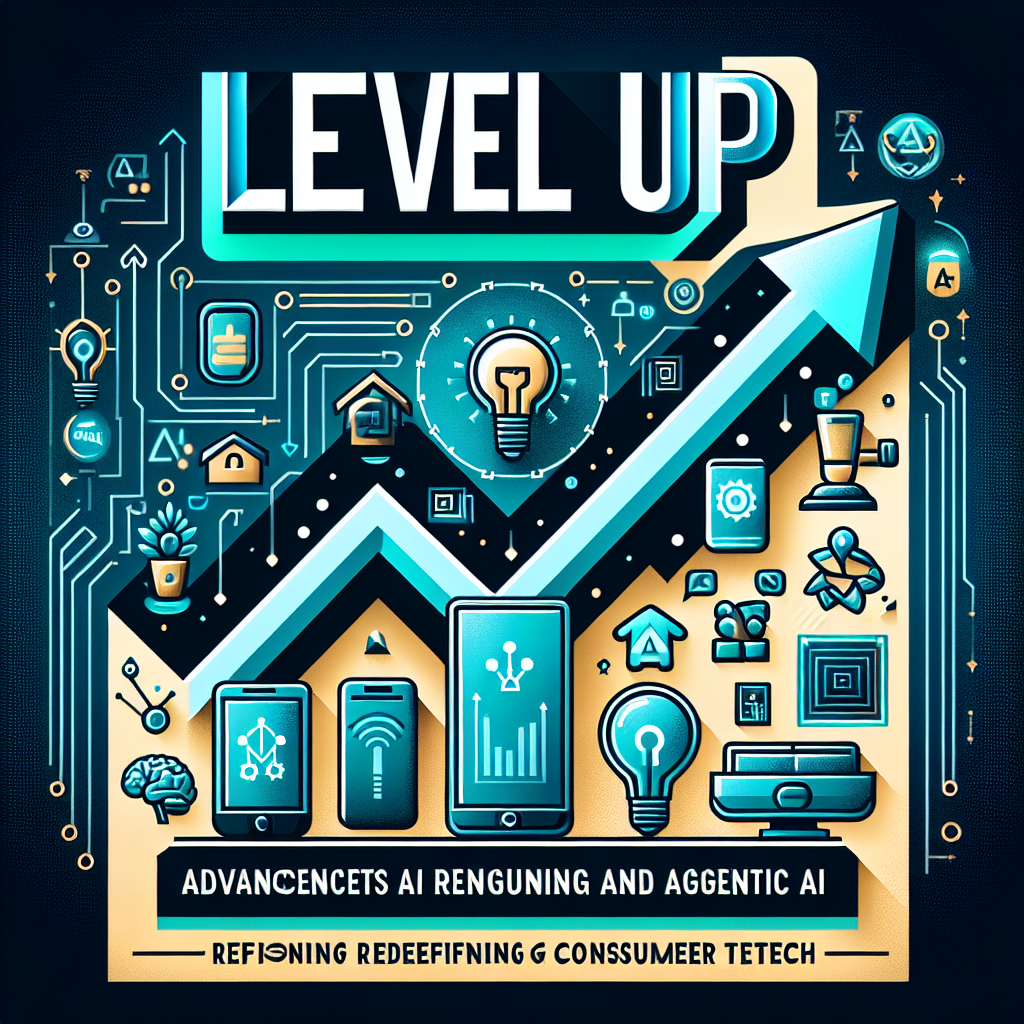DeepCogito v2: The Open-Source AI Revolutionizing Logical Reasoning and Self-Improvement
Posted on August 06, 2025

DeepCogito v2, launched in August 2025, is an open-source AI suite that advances logical reasoning and long-horizon planning through a novel self-improving mechanism called Iterated Distillation and Amplification. With models ranging up to 671B parameters, it achieves top-tier performance matching or surpassing many proprietary models, while being more efficient and cost-effective. Its transparency and adaptability foster wide adoption and collaborative innovation, marking a significant leap toward scalable, open superintelligence.
Released on August 1, 2025, DeepCogito v2 is a groundbreaking open-source AI suite that sets a new standard in advanced reasoning and long-horizon task planning. Unlike traditional models that rely on brute-force or extended inference-time searches, DeepCogito v2 integrates a novel paradigm called Iterated Distillation and Amplification (IDA). This approach enables the model to internalize its reasoning processes, effectively developing a sharpened "machine intuition" that anticipates the outcomes of complex reasoning paths without exhaustive computation. This innovation reduces reasoning chain length by up to 60% compared to leading contemporaries like DeepSeek R1, resulting in faster, more efficient answers with significant cost savings during deployment[1][2][3].
The DeepCogito v2 lineup comprises four hybrid reasoning models spanning parameter sizes of 70B and 109B for mid-sized models, and 405B and 671B for large-scale models. The flagship 671B parameter Mixture-of-Experts (MoE) model is recognized as one of the most powerful open-source AIs globally, rivaling closed-source solutions such as O3 and Claude 4 Opus. Notably, the models exhibit performance parity or superiority against existing proprietary models in abstract logical reasoning and multi-step planning tasks, a feat rarely achieved by open models in the domain[1][2].
A key technical advancement in DeepCogito v2 is its shift from solely relying on longer inference-time reasoning chains to iterative self-improvement where the model distills knowledge gained from searches back into its core parameters. This iterative policy improvement allows the AI to continuously evolve its reasoning algorithm endogenously, which is a significant step towards scalable superintelligence within an open-source framework. This paradigm marks a departure from capital-intensive AI development, with DeepCogito v2 trained at a combined cost under $3.5 million, making high-end AI development more accessible and transparent[2][4].
From a practical standpoint, DeepCogito v2 is widely adopted due to its open licensing, modularity, and adaptability. Developers and researchers can deploy its models via APIs hosted on platforms like Together AI, Baseten, or RunPod, or run them locally using tools such as Unsloth. Its multimodal capabilities extend its utility across diverse AI tasks, including abstract reasoning, long-horizon planning, and multimodal problem-solving scenarios. The efficiency gains achieved help reduce inference costs and latency, driving adoption in both research and commercial applications[3].
In summary, DeepCogito v2 represents a pivotal breakthrough in open-source AI, transforming how next-generation models balance power, efficiency, and transparency. By internalizing reasoning and fostering self-improvement, DeepCogito not only challenges closed-source dominance but also accelerates collaborative innovation in AI development.


